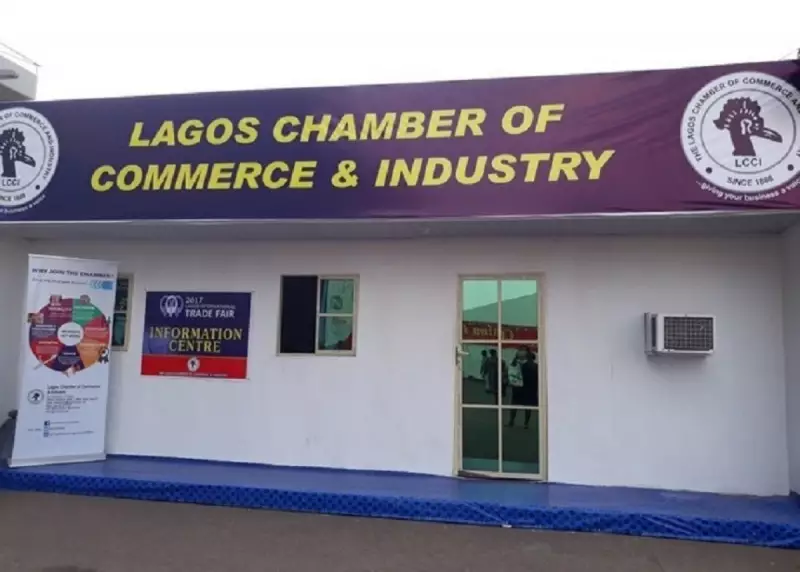
The Lagos Chamber of Commerce and Industry (LCCI) has taken decisive action to address the mounting challenges facing Nigeria's printing industry, convening a critical stakeholders' seminar titled 'Printing Industry: Navigating the Business Environment for Growth.'
Industry on the Brink
Nigeria's printing sector is currently battling what many describe as an existential crisis, with skyrocketing production costs threatening the survival of numerous businesses. The industry, once thriving, now faces multiple headwinds that have pushed many established printing houses to the verge of collapse.
Cost Pressures Mount
According to industry insiders, the situation has reached critical levels. Production costs have surged by over 200% in recent months, driven primarily by the volatile foreign exchange market and relentless increases in the prices of essential raw materials.
The crisis extends beyond material costs. Printing companies are grappling with:
- Exorbitant electricity expenses and unreliable power supply
- Soaring transportation costs affecting distribution
- Rising labor expenses amid economic inflation
- Increasing regulatory compliance burdens
LCCI Steps In
The Chamber's intervention comes at a crucial moment. 'We cannot stand by while a vital sector of our economy struggles,' stated the LCCI in their announcement. The seminar aims to create a platform for printing industry stakeholders to voice their concerns and collaboratively develop sustainable solutions.
Broader Economic Implications
The printing industry's struggles have ripple effects across multiple sectors. From publishing and education to packaging and corporate communications, numerous industries depend on reliable printing services. The current crisis threatens to disrupt supply chains and increase costs for countless Nigerian businesses.
Industry experts warn that without immediate intervention, Nigeria could see a significant contraction in its printing capacity, potentially leading to job losses and reduced competitiveness in related sectors.
Path Forward
The LCCI seminar represents a critical first step toward addressing these challenges. Participants are expected to explore innovative strategies for cost management, technological adaptation, and government engagement to create a more favorable operating environment.
As one industry veteran noted, 'This isn't just about saving printing businesses—it's about preserving an essential component of Nigeria's industrial ecosystem.'





